Keywords: Literature
There are more than 24 results, only the first 24 are displayed here.
Become a subscriber for more search results.
-
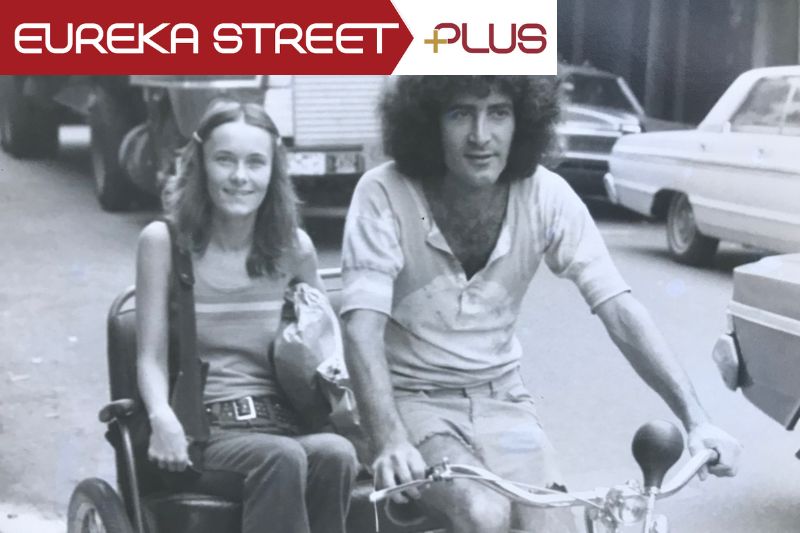
ARTS AND CULTURE
- Arnold Zable
- 24 January 2025
Tour guides were recently added to Australia’s National Occupational Shortage list, inviting skilled overseas workers to step in. This shift brought to mind a similar journey Arnold Zable took decades ago, guiding visitors through the streets of New Orleans.
READ MORE
-
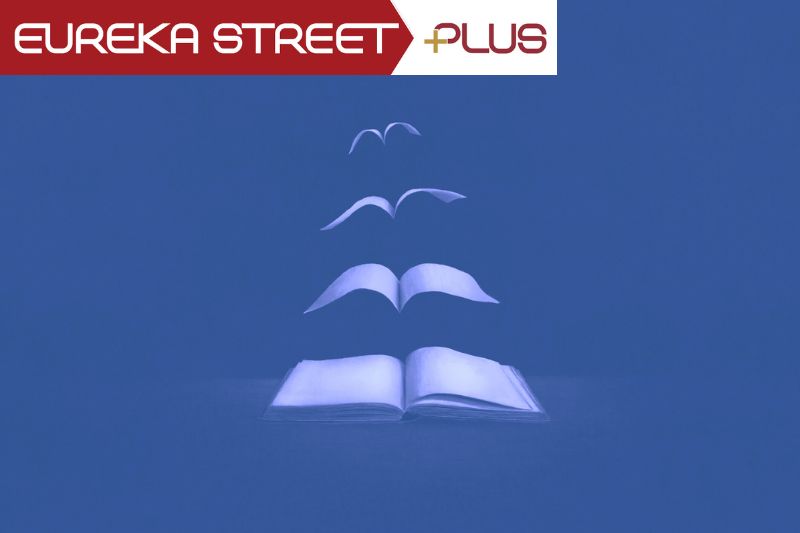
ARTS AND CULTURE
- Liza Libes
- 17 January 2025
In universities worldwide, English departments teach theory rather than literature, using art to serve ideological ends. But how did this happen, and what is lost when we sacrifice moral and cultural depth to the demands of ideological conformity?
READ MORE 
-
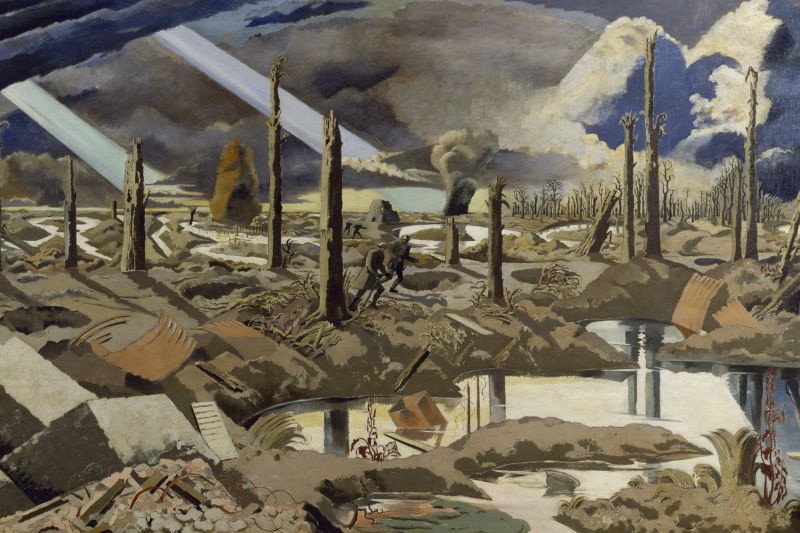
ARTS AND CULTURE
- Warwick McFadyen
- 16 January 2025
As the world turns into 2025, echoes of 1925 linger: T.S. Eliot's The Hollow Men introduced us to a 'whimper' of despair, while Hitler's Mein Kampf foreshadowed catastrophe. What do these works from a century ago say about the fragility of human progress?
READ MORE
-
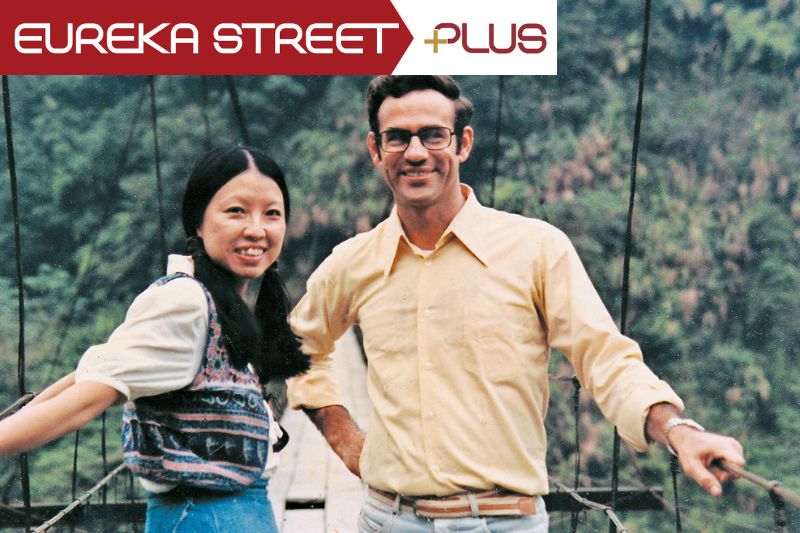
ARTS AND CULTURE
- Margaret Simons
- 13 December 2024
High in Taiwan’s mountains, Jesuit priest Barry Martinson found a soulmate in celebrated author Sanmao, who inspired millions with her writing. Their relationship—neither romantic nor conventional—was a profound meeting of kindred spirits, rooted in shared curiosity, literary love, and the sacrificial essence of friendship.
READ MORE 
-
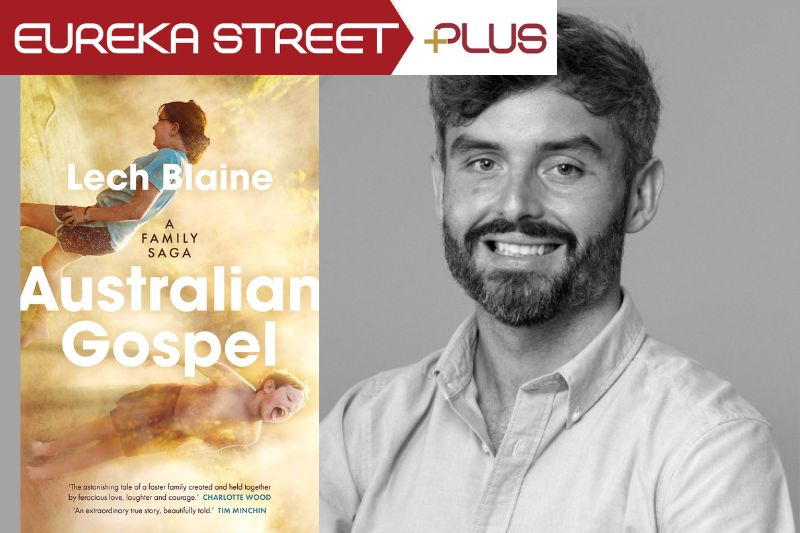
ARTS AND CULTURE
- Ken Haley
- 12 December 2024
Lech Blaine’s Australian Gospel is a quintessentially Australian tale of faith, family, and identity. Blaine explores the fractures of belief and belonging in an effervescent and vivid work of creative nonfiction. But where does the ‘non-’ stop and the ‘fiction’ begin?
READ MORE 
-
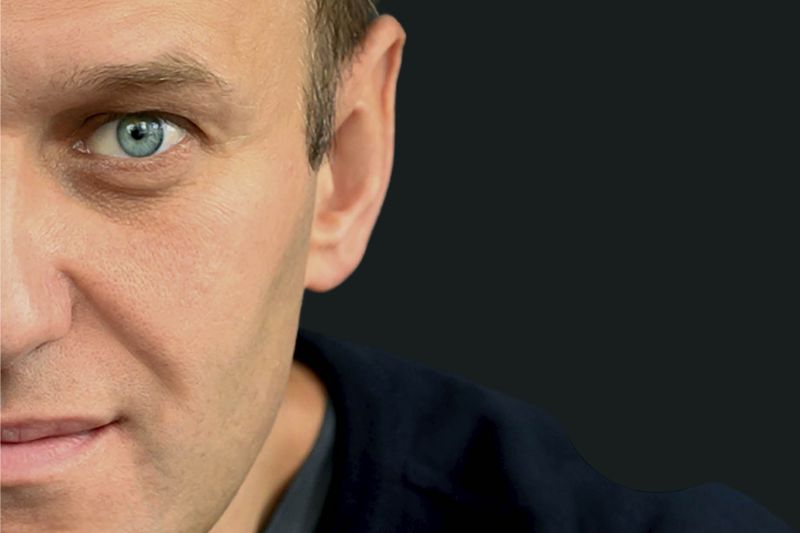
ARTS AND CULTURE
- Danielle Terceiro
- 12 December 2024
Navalny’s memoir Patriot was released last month. Written in prison, it is a testament to Navalny’s deliberate practice of a forward-looking hope for the future, even though he was certain that he would not outlive his sentences. Surprisingly, the book is full of humour.
READ MORE
-
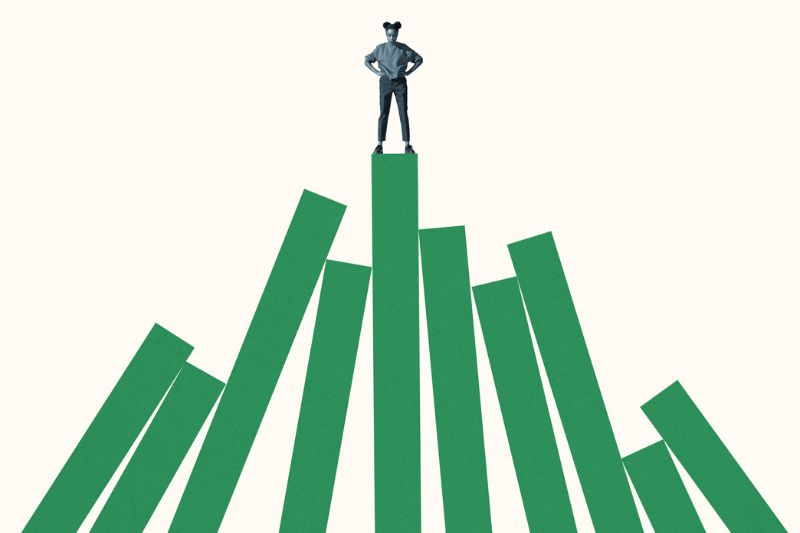
ECONOMICS
- David James
- 11 December 2024
BlackRock CEO Larry Fink predicts AI and shrinking populations will bring higher living standards without growth. But his optimism overlooks a critical flaw: conflating productivity, efficiency, and the true cost of 'growth.' With economic foundations shifting, the future demands a radical rethinking of capitalism’s purpose and the systems driving it.
READ MORE
-
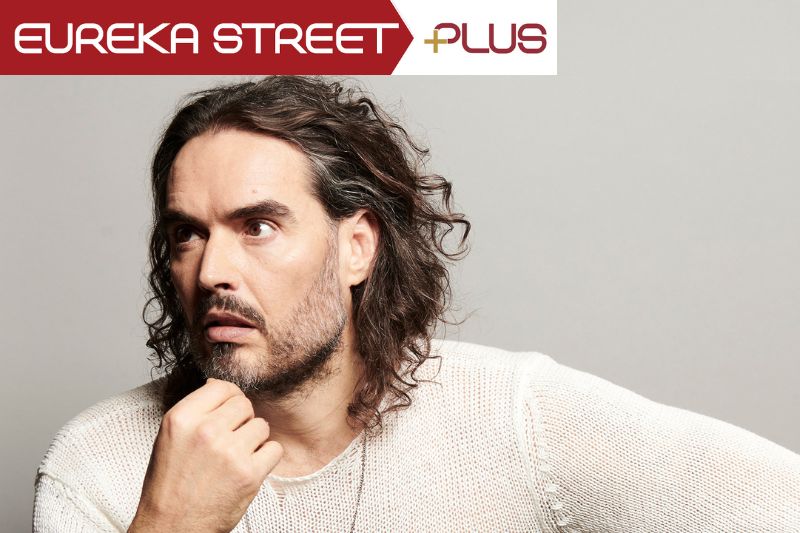
ARTS AND CULTURE
- Cherie Gilmour
- 06 December 2024
Russell Brand's conversion to Christianity has sparked fascination and skepticism. Dismissing his newfound faith as a cynical PR move, critics cite his controversial past. Yet, his public embrace of grace and redemption speaks to a restless spiritual hunger. Is this a genuine transformation or another reinvention of Brand’s ever-shifting persona?
READ MORE 
-
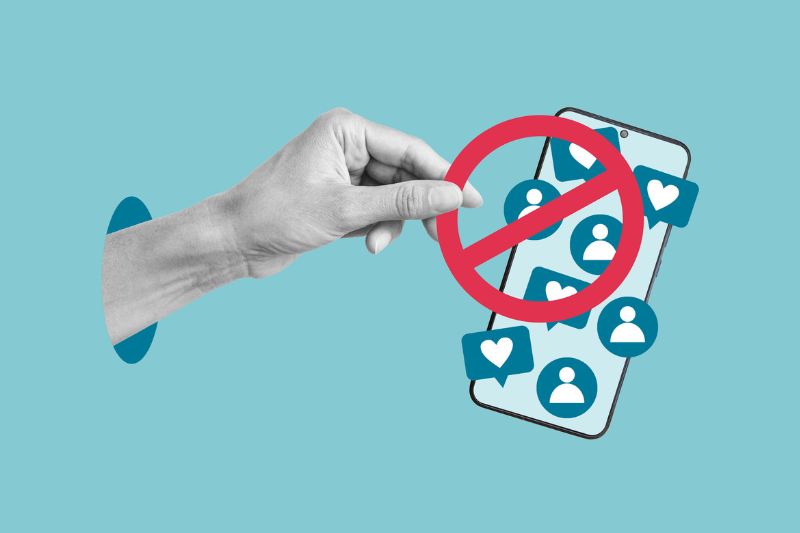
AUSTRALIA
- Binoy Kampmark
- 04 December 2024
In a move that’s been both lauded as necessary and criticized as overreaching, Australia has enacted legislation banning social media for users under 16, placing enforcement squarely on Big Tech. But behind the legislation lies a contentious debate: does prohibition protect, or does it merely shift the harm?
READ MORE
-
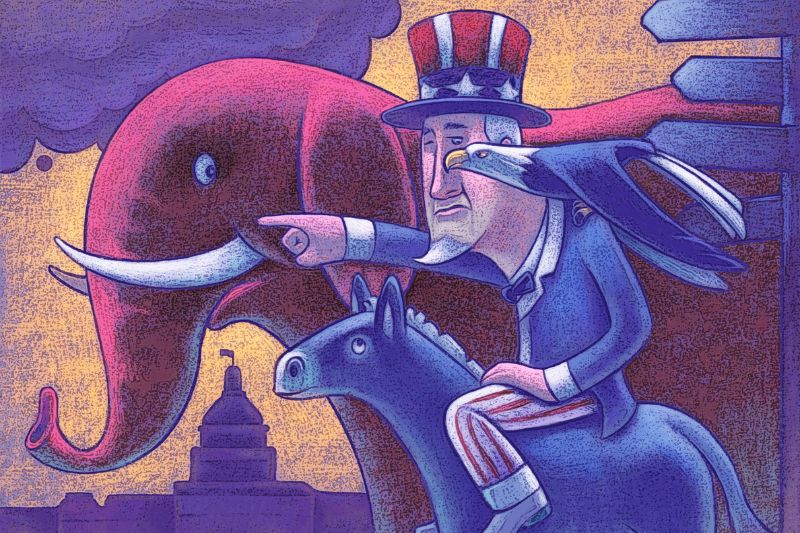
INTERNATIONAL
- Andrew Hamilton
- 21 November 2024
5 Comments
As Australia watches the U.S. navigate its Trump-era transition, we wait in uncertainty. Any interregnum period is a time for rethinking, for wondering about our own nation, and not just for focusing on another. It is a time to rethink what we have taken granted about what is for the good of Australian society.
READ MORE
-

INTERNATIONAL
- David James
- 18 November 2024
4 Comments
Donald Trump's first term, marred by impeachments, bureaucratic resistance and a pandemic, offered few answers as to how a businessperson might navigate the complexities of Washington. Now, as he returns to office, Trump’s business instincts — and their implications for governance — are once again under scrutiny.
READ MORE
-
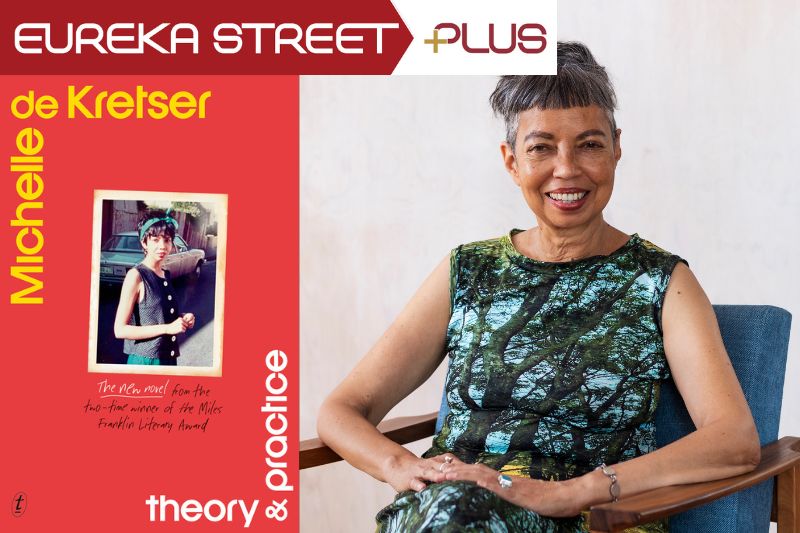
ARTS AND CULTURE
- Michael McGirr
- 15 November 2024
Michelle de Kretser's new book Theory and Practice is a creative combination of fiction and essay, and concerns the moment in which the encounter with literature, a connection with another human imagination, is replaced by something called 'Theory'.
READ MORE 